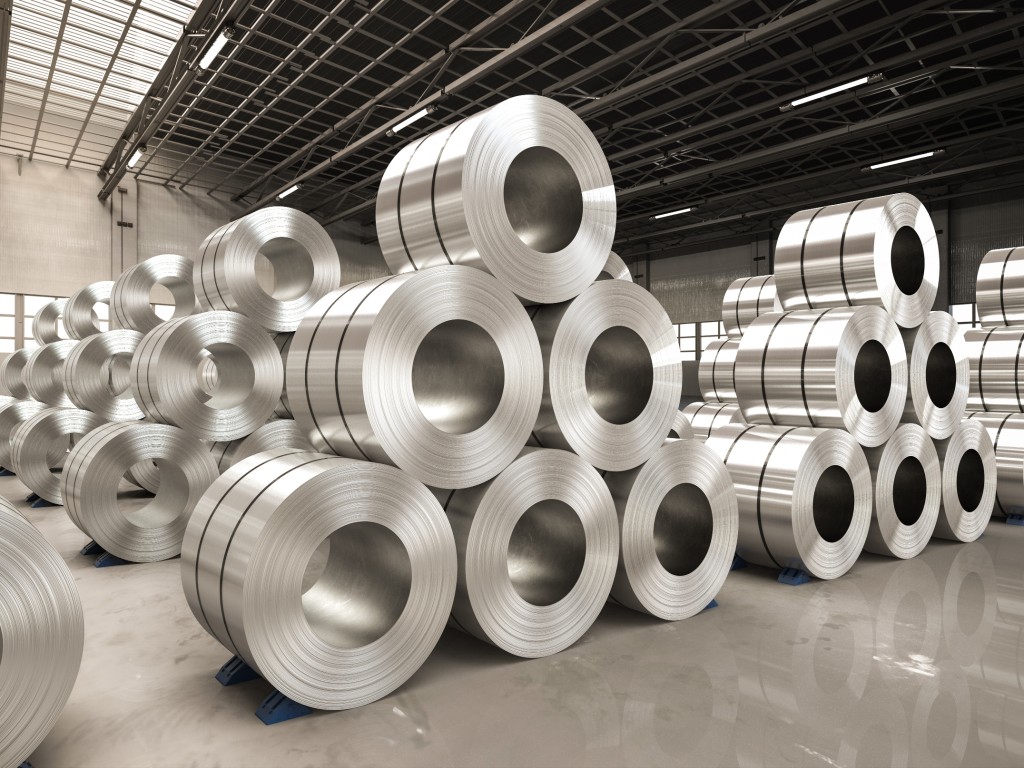How do companies establish their own codes of conduct?

Internally, a code of conduct provides a company with a corporate philosophy; externally, it shows customers what the company stands for. Firmly established basic principles in areas such as occupational safety and environmental sustainability strengthen the integrity and credibility of brands and secure huge competitive advantages. TÜV Rheinland helps companies formulate and implement a code of conduct that applies to their entire supply chain. Reinhard Bier from TÜV Rheinland in Cologne is our Global Project Manager for Supply Chain Auditing Services. He’s an experienced expert when it comes to codes of conduct.
Mr. Bier, what does a code of conduct really mean for a company?
Internally, a code of conduct provides a company with a corporate philosophy; externally, it shows customers what the company stands for. Firmly established basic principles in areas such as occupational safety and environmental sustainability strengthen the integrity and credibility of brands and secure huge competitive advantages.

With the help of audits, we investigate whether the suppliers of our customers comply with the code of conduct.
Reinhard BierWhat role does TÜV Rheinland play in the formulation of codes of conduct?
With the help of audits, we investigate whether the suppliers of our customers comply with the code of conduct. We can also work with companies to develop their own codes of conduct on the basis of the essential guidelines of global standards. Companies’ own codes of conduct are customized alternatives to membership in one of the existing initiatives such as the amfori Business Social Compliance Initiative (BSCI) or SEDEX (Supplier Ethical Data Exchange).
How does a company create its own code of conduct?
First, it must define all the areas that a code of conduct has to cover. We start with the existing documents, because companies generally already have internal guidelines. So the basic question is: How can a company ensure that its suppliers also comply with the requirements that it imposes on itself? To answer this question, we have to precisely analyse the company’s supply structure. How many suppliers does it have, in which countries do these suppliers have their headquarters and which aspects are relevant to them?
How does TÜV Rheinland make sure that suppliers comply with the code of conduct?
After the company’s own code of conduct has been formulated, the corresponding auditing processes must be defined. We work with the customer to define the auditing process and how often the audits must be carried out. What criteria should the audits apply? Which points should be reported immediately? How should the report be structured? What solutions should the audit lead to? After these areas have been defined, the suppliers must sign the code of conduct and submit to our audits — because a responsible customer should not rely on the signature alone.
How is an audit programme created on the basis of the code of conduct?
In addition to the initial agreement with the customer, we learn from our previous experience during every audit and adapt our audit programme to the circumstances step by step. The reports can also be structured according to the customer’s wishes. All kinds of formats are possible, ranging from the simple information as to whether the audit was passed or not to detailed reports focusing on aspects such as occupational safety or environmental sustainability. That enables companies to find out their weak points and make targeted improvements in critical areas.
How does the application of a code of conduct ensure sustainable business success?
In addition to the general benefit of improving people’s working conditions and avoiding accidents, we can also demonstrate the increase in business success. Some of the companies that have their own codes of conduct and whose supply chains we audit are listed in international rankings of sustainable business operations, such as the Dow Jones Sustainability Index. Having a high standard opens up new business relationships and trading options.











